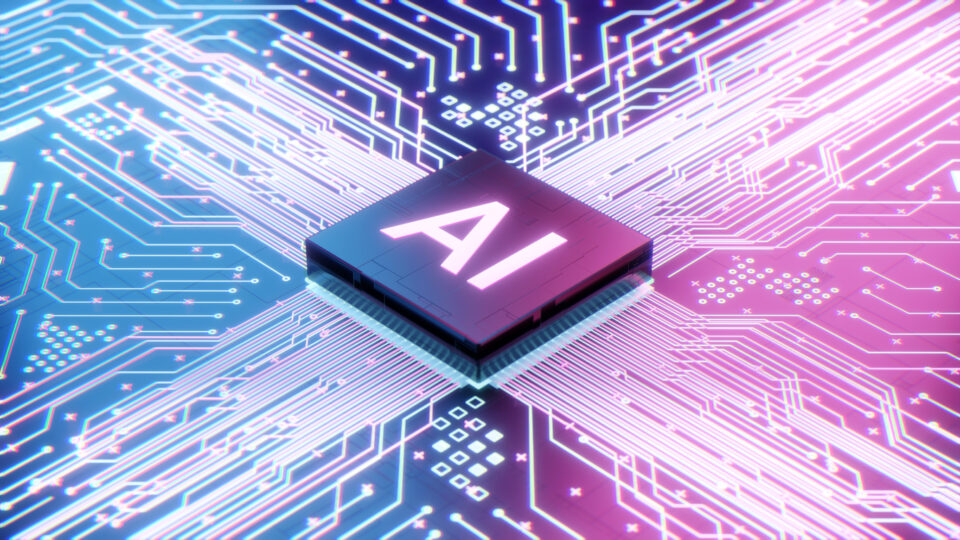How ChatGPT and Other Artificial Intelligence Impacts Authorship, Ownership, and Intellectual Property Rights

In recent years, Artificial Intelligence (AI) has taken a significant step forward. For example, the following is a text generated by ChatGPT (a public AI chat bot) when prompted to “write a 300-word paper on how ChatGPT will challenge intellectual property laws in the United States.”
As a language model developed by OpenAI, ChatGPT has the ability to generate human-like text based on prompts given to it. While this technology has the potential to revolutionize the way we interact with computers and generate content, it also raises important questions about intellectual property laws and how they will apply to the output of language models like ChatGPT.
One of the main challenges that ChatGPT presents to intellectual property laws is the issue of authorship and ownership. Because ChatGPT is essentially a machine that generates text based on inputs and algorithms, it is difficult to determine who or what should be credited as the author of the text it produces. If ChatGPT is used to generate a piece of writing that is later published or distributed, it is unclear whether the person who provided the prompt or the creators of the ChatGPT model itself should be credited as the author.
Another challenge that ChatGPT presents is the issue of copyright infringement. Because ChatGPT is trained on a large dataset of human-generated text, it is possible that the text it produces may contain elements that are similar to or identical to existing works. If this happens, the owners of the original works may be able to claim that ChatGPT is infringing on their copyright. However, it is unclear how the law would apply in this situation, as ChatGPT is not a human and cannot be held liable for its actions in the same way as a person.
In addition to these issues, ChatGPT also raises questions about the role of artificial intelligence in the creative process. As language models like ChatGPT become more advanced and capable of producing increasingly sophisticated and creative output, it is possible that they could be used to create entirely new works that are completely original and not based on existing materials. If this happens, it is unclear how intellectual property laws would apply to these works and who would be able to claim ownership and credit for them.
These recent developments, at least those that are public, allow for AI to begin to generate meaningful works. Instead of “googling” a question and getting search results that have to be individually evaluated and digested, AI can give knowledgeful answers and/or finished publishable content about a specific question or task that can be immediately useful. How AI-generated works should be treated under laws and regulations for establishing and enforcing intellectual property rights currently seems unclear. However, what is clear is that intellectual property law currently only recognizes a natural person as being eligible for recognition as an author or inventor for works protectable by patents and copyright. This is important because a person that creates an original work of authorship or conceives of a patentable invention is generally regarded as owning the respective intellectual property rights to such works absent certain conditions.[1]
In the United States, Supreme Court jurisprudence has established a copyright author as “the party who actually creates the work, that is, the person who translates an idea into a fixed, tangible expression entitled to copyright protection.”[2] Similarly, an “inventor” is defined in the Leahy–Smith America Invents Act (AIA) as “the individual or, if a joint invention, the individuals collectively who invented or discovered the subject matter of the invention.”[3] The AIA also requires that “a person shall be entitled to a patent unless . . .,” suggesting that only a natural person can be an inventor.[4]
Companies and individuals should keep this in mind when using AI to generate works and inventions that they intend to cover by copyright or patent. Parties should also consider that AI-generated works may still infringe on other parties’ existing copyright and patent rights, even if that is not the intention.
[1] Such conditions can include an assignment or obligation to assign rights to a third party or works that qualify as works made for hire under the Copyright Act.
[2] Cmty. for Creative Non-Violence v. Reid, 490 U.S. 730, 737 (1989).
[3] 35 U.S.C. § 100(f) (2015).
[4] 35 U.S.C. § 102(a) (2015).